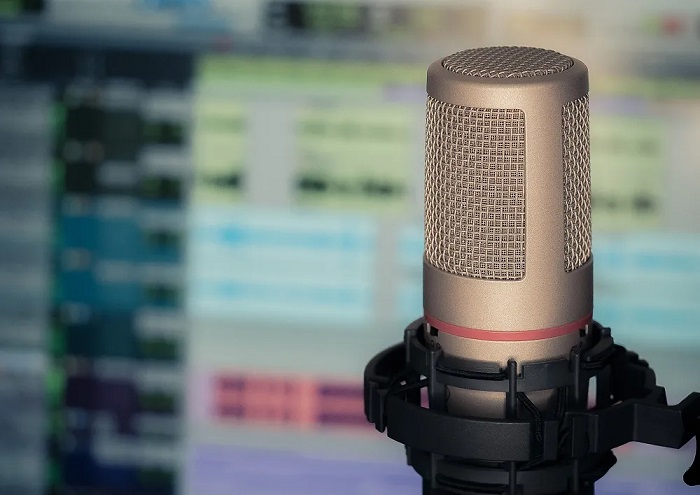Podcasts have become an increasingly popular form of media in recent years, offering listeners a convenient and intimate way to consume content. Whether you’re an aspiring content creator, entrepreneur, or simply looking for a new hobby, starting a podcast can be an exciting and rewarding experience. In this article, we’ll explore the key steps to launching a successful podcast, drawing on the expertise and experiences of local podcasters.
Planning Your Podcast
The first step to starting a successful podcast is to plan it out. You’ll need to define your target audience, determine your niche or topic, establish your brand and image, and set goals and a schedule.
Define your target audience: Who do you want to reach with your podcast? Knowing your target audience will help you create content that resonates with them.
Determine your niche or topic: What do you want to talk about? Choose a topic that you’re passionate about and knowledgeable in.
Establish your brand and image: This includes everything from your logo to your show’s name, as well as the overall tone and vibe of your podcast.
Set goals and establish a schedule: Determine how often you want to release episodes and stick to a consistent schedule.
Finding Your Voice and Style
Once you have a solid plan in place, it’s time to develop your voice and style. This includes experimenting with different formats, determining the length of your episodes, choosing music and sound effects, and deciding on the tone and delivery of your content.
Experiment with different formats: Will your podcast be a solo show, co-hosted, or an interview-style show? Try out different formats until you find one that works best for you.
Determine the length of your episodes: Most podcasts run between 30 minutes and an hour, but ultimately, the length of your episodes should be determined by the content you want to cover.
Choose music and sound effects: Music and sound effects can help set the mood and enhance your content. Choose music and sound effects that complement your show’s tone.
Decide on the tone and delivery of your content: Will your show be serious, humorous, or a mix of both? Decide on the tone and delivery of your content and stick to it.
Equipment and Software
The next step is to get the equipment and software you need to record and edit your podcast. This includes basic recording and editing equipment, popular podcast hosting and distribution platforms, tools for enhancing audio quality, and tips for using software effectively.
Basic equipment for recording and editing: You’ll need a microphone, headphones, and a computer with audio editing software.
Popular podcast hosting and distribution platforms: Some popular platforms include Anchor, Libsyn, and Buzzsprout. Choose a platform that best fits your needs.
Recommended tools for enhancing audio quality: Tools like pop filters and shock mounts can help improve your audio quality.
Tips for using software effectively: Learn how to use your editing software to its full potential. Experiment with different tools and techniques until you find what works best for you.
Marketing Your Podcast
Once you have a solid plan in place and the equipment and software you need, it’s time to start marketing your podcast. This includes creating a website and social media presence, utilizing advertising and sponsorships, building an audience through guest appearances and collaborations, and monetizing your podcast through merchandise and Patreon.
Creating a website and social media presence: A website and social media presence will help you promote your show and connect with your audience.
Utilizing advertising and sponsorships: You can monetize your podcast through advertising and sponsorships. Connect with brands that align with your niche or target audience.
Building an audience through guest appearances and collaborations: Invite guests and collaborate with other podcasters to reach a wider audience and provide new and diverse content.
Monetizing your podcast through merchandise and Patreon: Offer merchandise such as t-shirts, mugs, and other items related to your podcast. You can also use platforms like Patreon to receive monthly contributions from your supporters.
Conclusion
Starting a podcast can be an exciting and rewarding experience. By defining your target audience, determining your niche or topic, establishing your brand and image, and using the right equipment and software, you can launch a successful podcast. Remember to market your podcast effectively, and always be open to trying new things and evolving your content. Good luck, and happy podcasting!

